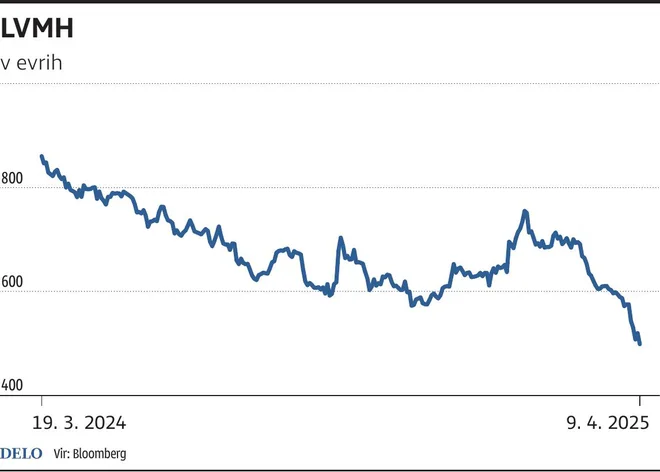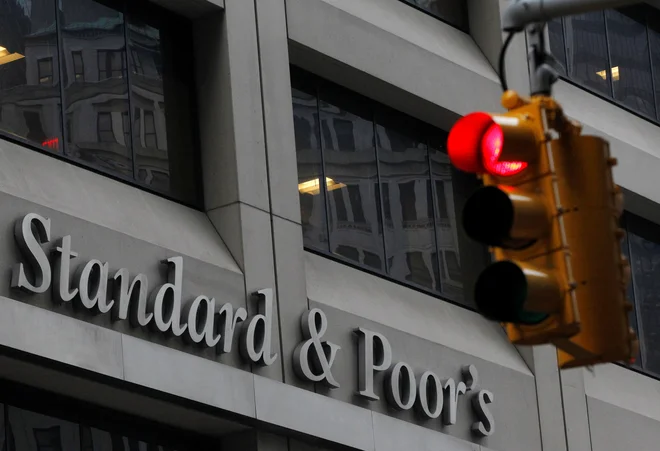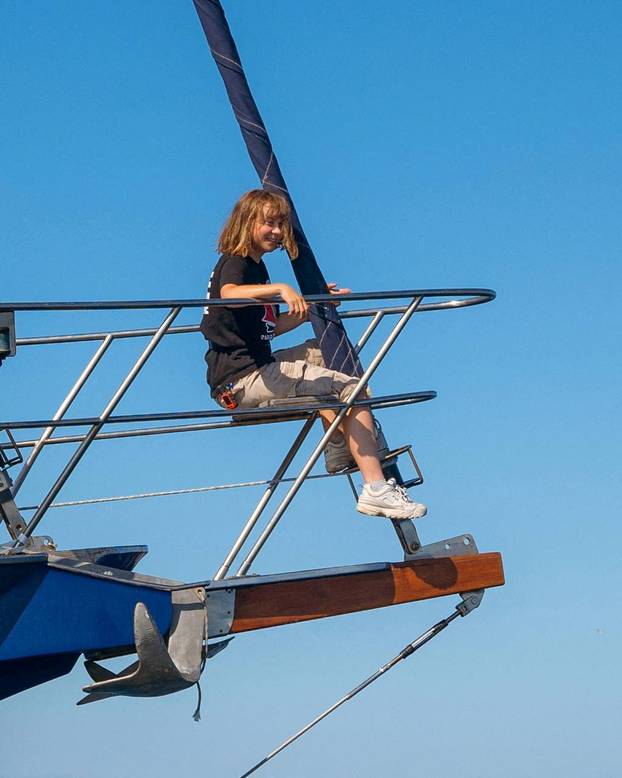The empire of prestige in the world of uncertainty

Moët Hennessy Louis Vuitton is synonymous with luxury, sophistication and global economic power. With almost € 84 billion in revenue last year and more than 215,000 employees worldwide, the French group is the biggest player in the luxury goods industry. Under its auspices, it brings together 75 prestigious brands, including Louis Vuitton, Christian Dior, Fendi, Marc Jacobs, Berluti, Kenzo, Tiffany & Co., Bvlgari, Tag Heuer, Hublot, Moët & Chandon and Dom Pérignon.
TD2_lvmh photo gm IgD
Behind these iconic names is a thoughtful and decentralized business strategy that enables the group to have tremendous flexibility and resilience in an increasingly unpredictable global environment. Each brand works with a high level of independence, which promotes rapid decision -making, innovation and preserving a unique identity and heritage of each brand. The foundation of success is diversification – both geographical and productive – and vertical integration, which allows complete control of the entire chain of value: from the choice of raw materials, production to distribution through its own sales channels. LVMH consciously avoids mass distribution, discounts and unauthorized sales channels, thereby maintaining a sense of exclusivity and control over the perception of its brands. Customers’ loyalty is exceptional – many of their products are perceived as long -term investments. The group operates in five business segments, the most important of which are fashion and leather, which generate almost half of all revenues and as much as three quarters of the total profit.
The financial company also shows excellence. With low indebtedness and an annual free money in the amount of around € 11 billion, the most powerful companies in the industry. About half of the cash flow is devoted to dividends and the other half to investment and acquisition, which allows the growth and consolidation of a competitive position.

Photo: Jernej Lasic Work
In addition to economic, it also has a great cultural, social and ecological influence, as it is aware of its broader social and environmental responsibilities. With the LIFE 360 strategy, it seeks to reduce carbon footprint, switch to the use of sustainable packaging and introduce renewable energy sources.
But the risks remain. Geopolitical tensions, protectionist measures, environmental pressures and rapidly changing consumer habits, especially in growing markets, can affect future business performance. However, history shows that from every crisis – from the global financial crisis in 2008 to Chinese, demand has been declining – picking up the fastest among all competitors.








